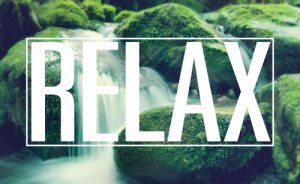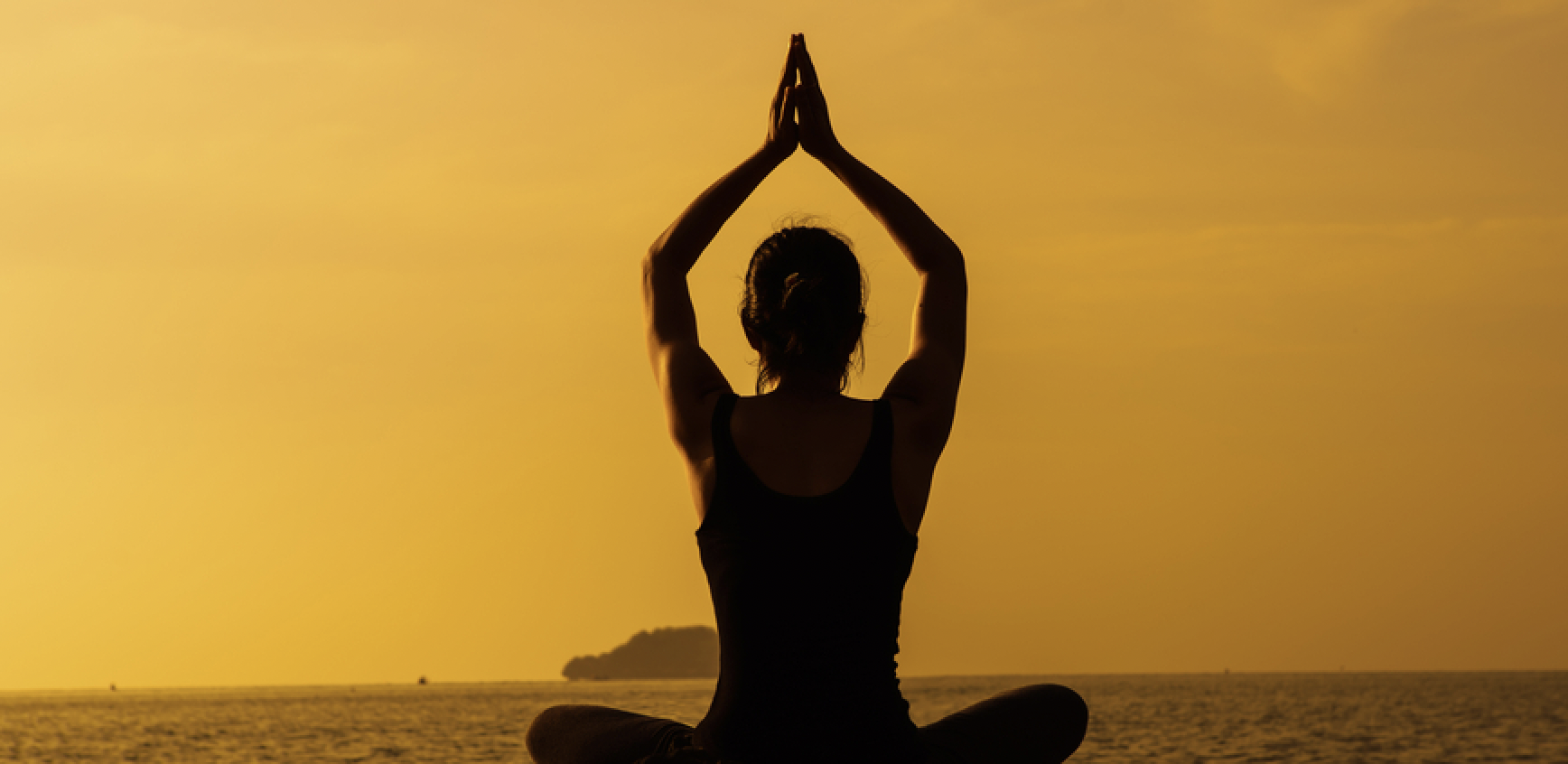In today’s fast-paced world, we often forget the art of relaxation. It’s a skill that requires intention and practice, and it holds the power to significantly transform our lives.
Many of us tend to think that relaxation is merely the absence of work or stress. However, it is a proactive process, a conscious decision to lower the volume of the daily hustle and bustle and to tap into the tranquillity that lies beneath.
In this article, we’ll explore new ideas and techniques for achieving true relaxation and nurturing a calmer mind.
Revamping Your Relaxation Techniques
One could argue that relaxation is not only a skill but also a science. A growing amount of research indicates that engaging the mind in mindful activities may be a more effective way to unwind, as opposed to lazing on the couch and watching your favorite series.
Have you ever tried brain calming drinks? These are wonderful additions to your routine of rest and relaxation. Otherwise, drinks like chamomile tea, warm milk, or a natural, low-sugar fruit smoothie can help induce relaxation. They contain natural ingredients that are known to soothe the mind and help ease stress.
Although not a magic potion, they can complement other relaxation techniques, offering a tasty and nurturing path to tranquillity.
The Power of Mindful Activities
 Rather than merely indulging in passive activities, engaging in activities that require mild concentration, such as reading a good book, painting, or even gardening, can prove incredibly calming. When we indulge in these activities, our mind finds a sweet spot where it is sufficiently engaged to prevent mind-wandering yet not so occupied that it leads to stress.
Rather than merely indulging in passive activities, engaging in activities that require mild concentration, such as reading a good book, painting, or even gardening, can prove incredibly calming. When we indulge in these activities, our mind finds a sweet spot where it is sufficiently engaged to prevent mind-wandering yet not so occupied that it leads to stress.
You should try your hand at some creative writing. Putting your thoughts into a journal or on paper can be a very healing experience.
Yoga is effective for both increasing physical fitness and calming the mind. When you stretch, you’re doing something beneficial for one’s body and mind at the same time, which can help you unwind.
Mindful Breathing: A Gateway to Relaxation
 Sometimes, the simplest methods can prove the most effective. The practice of mindful breathing is one such tool. It requires no fancy equipment or extensive training, just your conscious attention.
Sometimes, the simplest methods can prove the most effective. The practice of mindful breathing is one such tool. It requires no fancy equipment or extensive training, just your conscious attention.
By focusing on your breath — observing the air entering your nostrils and leaving your mouth — you anchor your mind to the present moment, preventing it from dashing into the past or the future. This technique not only helps to manage stress levels but also enhances overall well-being.
Conclusion
Learning to relax is a journey, not a destination. It’s about cultivating a mindset, an approach to life that prioritises inner peace amidst the outer chaos. The techniques discussed here are not exhaustive; there’s a world of methods out there waiting for you to discover and adapt to your unique needs.
Why not take a moment today to sit back, sip on your favourite brain calming drink, and start exploring your pathway to relaxation? Remember, the most powerful relaxation technique is the one that works for you. You might just find that with practice, relaxation becomes less of a task to schedule and more of a natural state of being. Now wouldn’t that be lovely?





